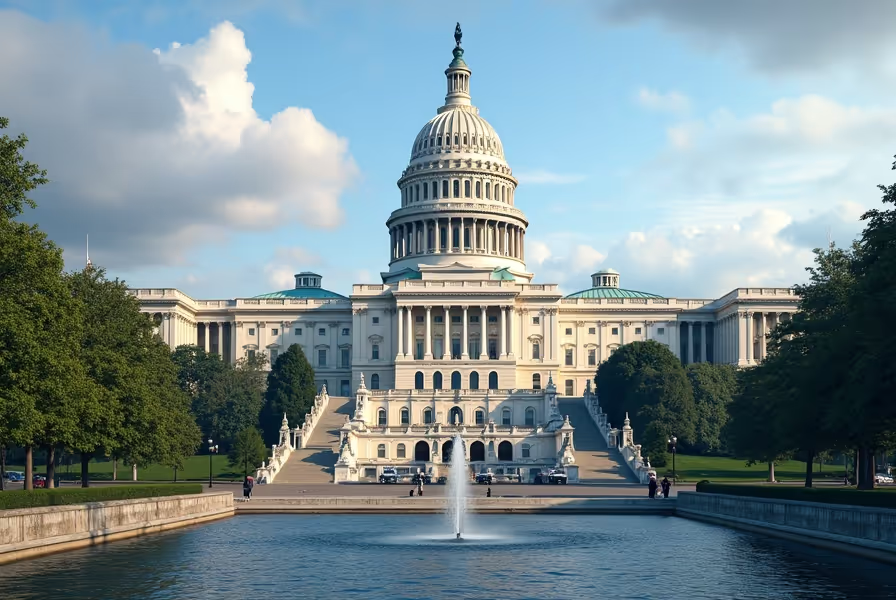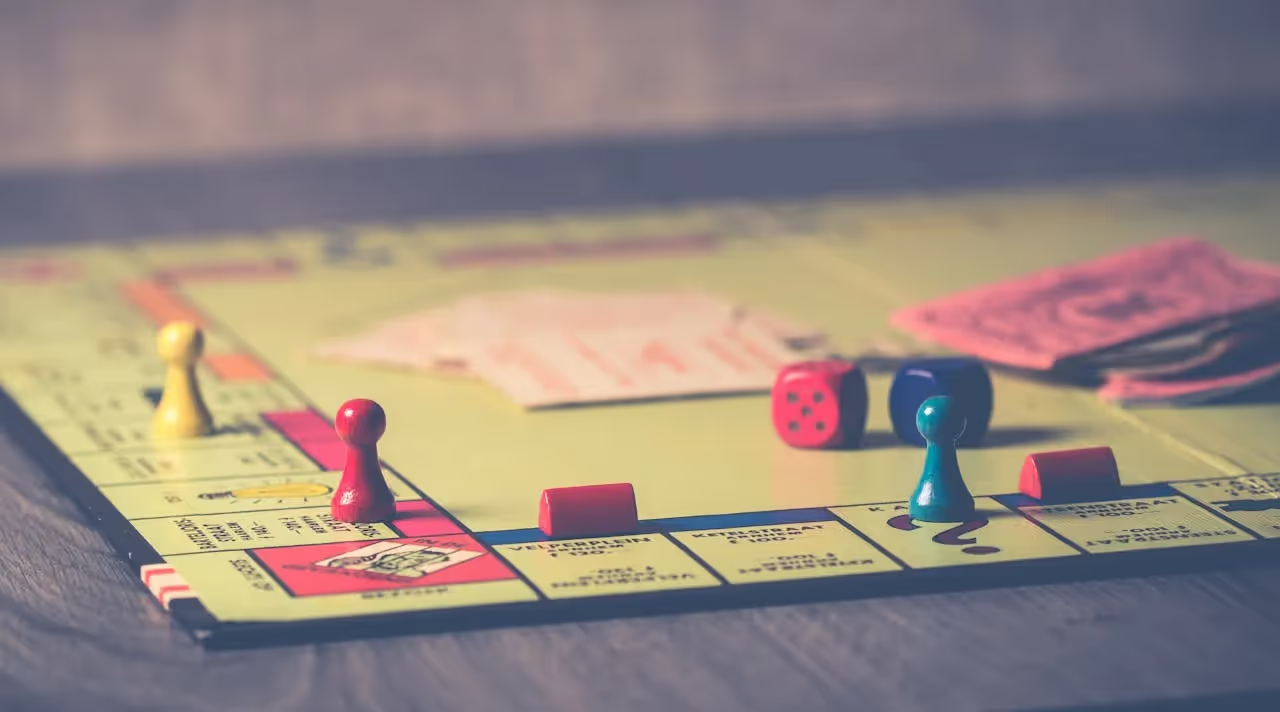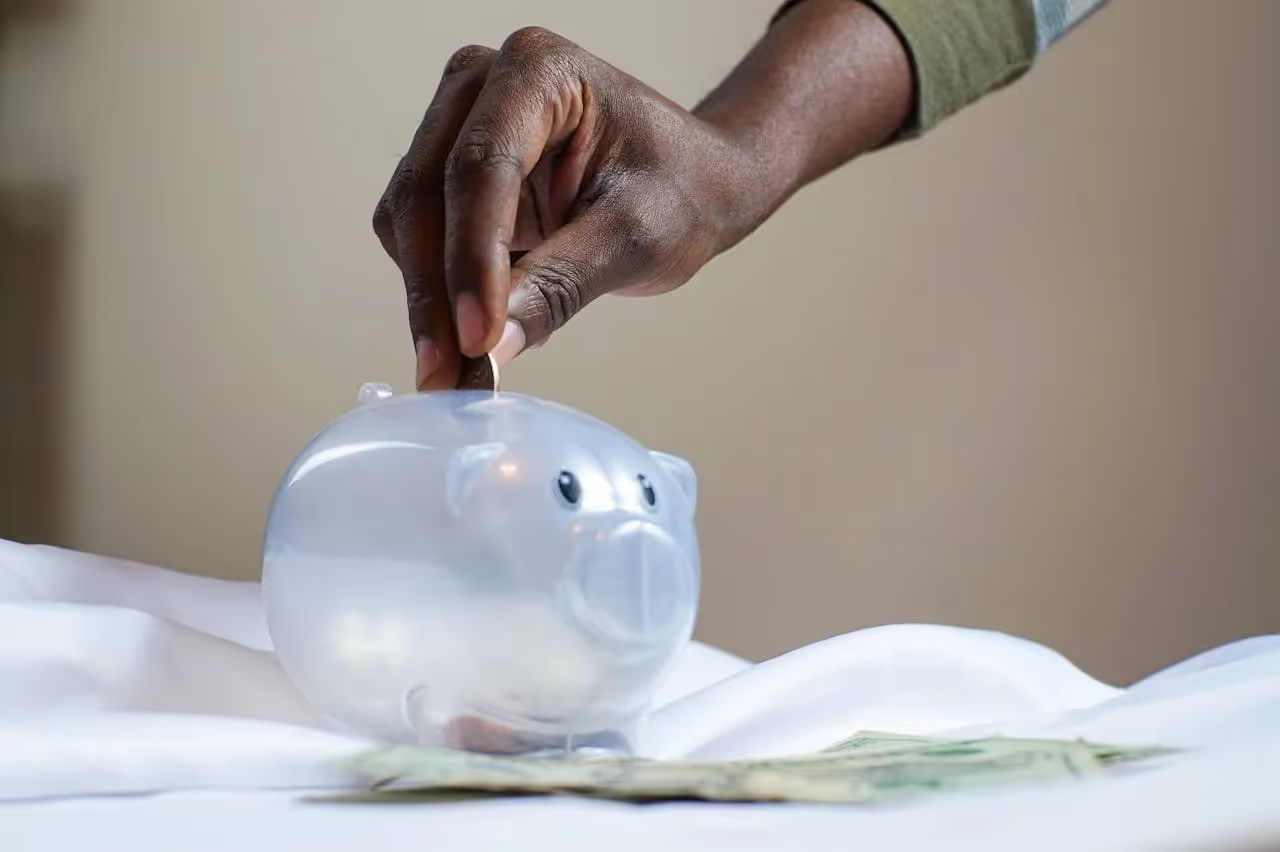Discovering Trenton: The Historical and Political Heart of New Jersey
When you think of the capital of New Jersey, big cities like Newark or Jersey City might come to mind. But the official capital of New Jersey is Trenton. This vibrant city is rich in history, culture, and political importance. If you're curious about what makes Trenton the capital and what you can find there, you're in the right place.
This article takes you through a detailed look at Trenton, including interesting facts, its place in American history, and why it remains a vital part of New Jersey government and identity.
Where Is Trenton Located in New Jersey?
Trenton sits in Mercer County, almost at the center of the state. It lies along the Delaware River, right on the border between New Jersey and Pennsylvania. This strategic location has given it both political and commercial advantages for centuries.
Trenton is about:
- 30 miles northeast of Philadelphia
- 60 miles southwest of New York City
- Close to major highways and transit systems, including I-95 and Amtrak
Due to its location, Trenton has long served as a natural hub for trade, politics, and travel.
Why Is Trenton the Capital of New Jersey?
New Jersey officially declared Trenton as its capital in 1790. But even before then, Trenton was a key city in early American history. It briefly served as the capital of the United States in 1784 and was a major Revolutionary War site. The Battle of Trenton in December 1776 was a turning point in the war, marking General George Washington’s surprise victory over the Hessian forces.
The decision to choose Trenton as the state capital was based on:
- Its central location, accessible to most residents
- Historical relevance and patriotic symbolism
- Availability of land and infrastructure for government buildings
What Is the Role of Trenton in New Jersey Politics?
As the capital of New Jersey, Trenton is home to the major branches of state government:
- New Jersey State House – the seat of the New Jersey Legislature
- Governor’s Office – where executive actions are directed
- New Jersey Supreme Court – the highest court in the state
The city hosts legislative sessions, judicial decisions, and executive actions that affect the entire state. If you're a resident, you may visit the State House for tours and public hearings. Lawmakers, lobbyists, and journalists spend much of their time here as well.
Notable Landmarks and Attractions in Trenton, NJ
Besides politics, Trenton offers a range of attractions that blend history, art, and culture. Some of the must-see places include:
- New Jersey State Museum – features natural history, fine art, and science exhibits
- Battleship Trenton Monument – commemorates the Revolutionary War victory
- Old Barracks Museum – a restored colonial structure from 1758
- Mill Hill Historic District – offers a scenic walk through 19th-century architecture
- Cadwalader Park – designed by Frederick Law Olmsted, who also designed Central Park
These places make Trenton not just a government hub but a great destination for learning and exploration.
Interesting Facts About Trenton, New Jersey
Here are some fascinating facts you might not know about New Jersey’s capital:
- The nickname of Trenton is the “Capital City.”
- Trenton was once a major industrial center, famous for its ceramics, rubber, and steel.
- The phrase "Trenton Makes, The World Takes” is still visible on the Lower Trenton Bridge.
- Trenton served as a temporary capital of the U.S. after the Revolutionary War.
- The city is part of the larger Trenton–Princeton metropolitan area.
These facts show how Trenton has always played an important role in both state and national affairs.
Government Buildings and Civic Life in Trenton
Many of New Jersey’s most important political institutions operate out of Trenton. If you're a resident of the state, you’ve likely been affected by legislation that began right in the heart of Trenton.
Key buildings include:
- New Jersey State House Annex – supports legislative work
- Department of State – handles state records and elections
- New Jersey Motor Vehicle Commission Headquarters
These agencies contribute to the state’s daily governance and public services.
A Brief Overview of Trenton’s Population and Demographics
Based on the most recent U.S. Census data, Trenton has a population of about 90,000 residents. The city features a diverse community that includes many Hispanic, African American, and immigrant populations.
Here are a few basic facts:
- Median age: approximately 34 years
- Languages spoken: English, Spanish, and various African dialects
- Median household income: around $40,000
Trenton's diversity helps shape its culture, education systems, and local events.
Frequently Asked Questions About the Capital of New Jersey
What is the capital of New Jersey?
The capital of New Jersey is Trenton. It has held this title since 1790 and serves as the home of the state government, including the legislature, executive, and judicial branches.
Why was Trenton chosen as the capital of New Jersey?
Trenton was chosen due to its central location, historical significance during the American Revolution, and its established infrastructure. It was officially named the capital in 1790.
Is Trenton the largest city in New Jersey?
No, Trenton is not the largest city in New Jersey. That title belongs to Newark. However, Trenton holds political importance as the state’s capital.
What can you see when visiting Trenton, NJ?
When visiting Trenton, you can explore historical landmarks like the Old Barracks Museum, the New Jersey State House, and the Trenton Battle Monument. There are also art museums and parks for recreational activities.
What county is Trenton in?
Trenton is located in Mercer County, New Jersey. It also serves as the county seat, hosting many local administrative and judicial institutions.











.svg)



